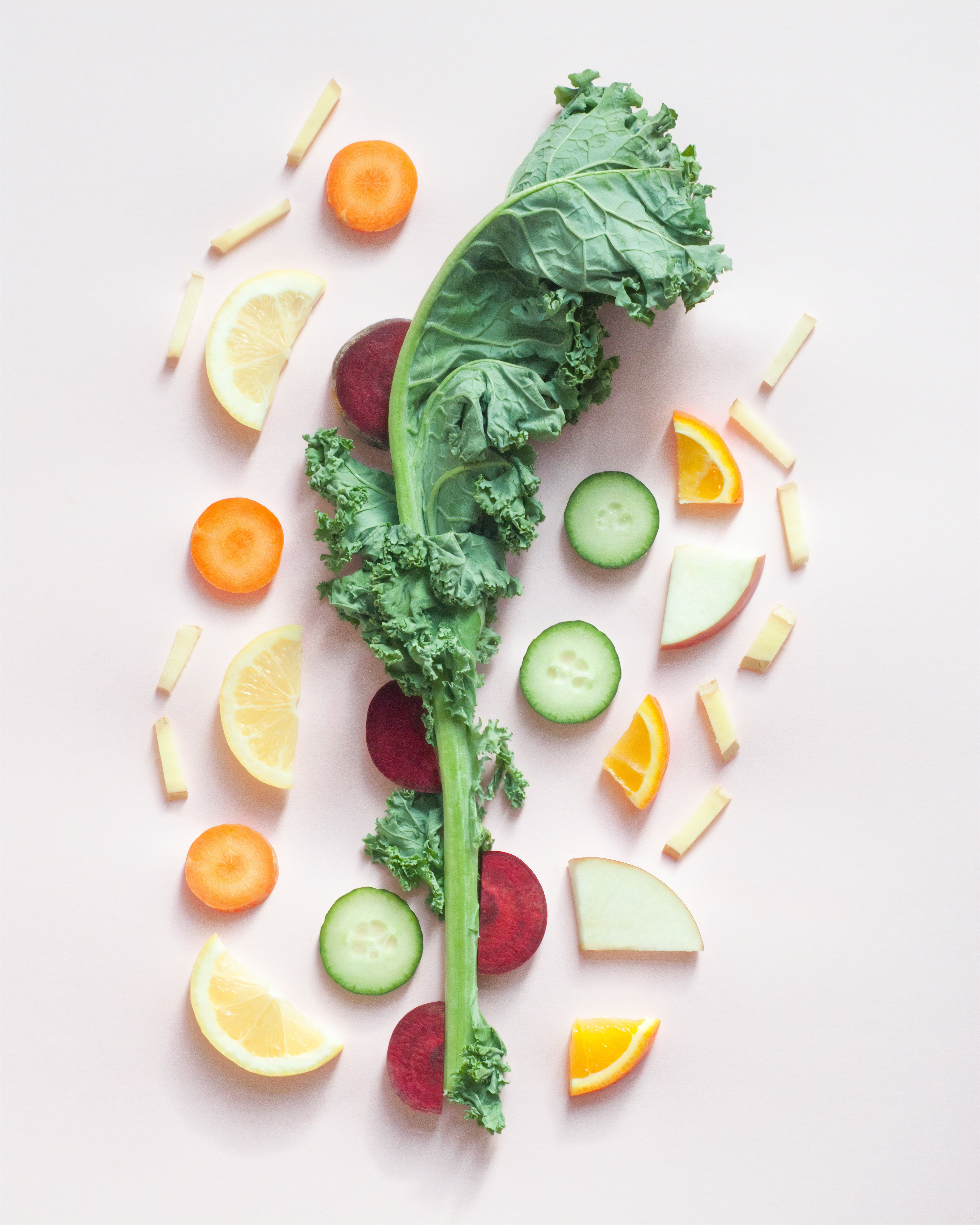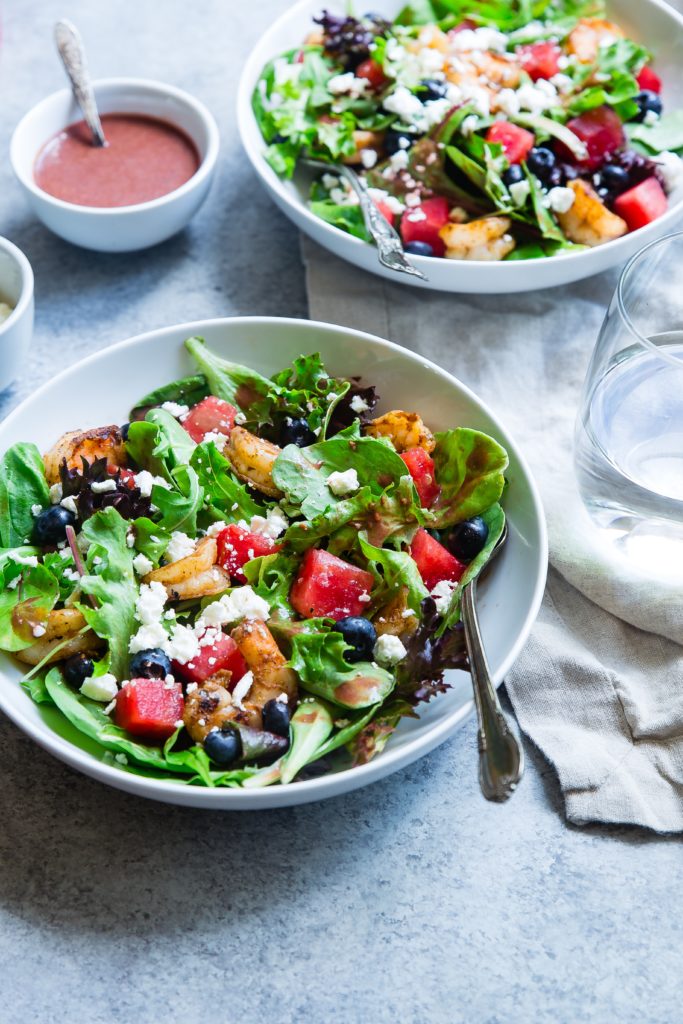Registered dietitian, functional nutritionist, & your new fertility BFF. I'm passionate about helping women thrive during preconception, pregnancy, and postpartum.
Nutrition
PCOS
Fertility
View All
Explore the blog
Hi, I'm Anabelle
Non-toxic Living
Work with our team
The Perfect Fertility Diet for Women TTC
If you’re like most of my clients, you’ve probably already spent a lot of time googling at 3am what foods you should be eating to get pregnant. Maybe you’re googling at 3am right now looking for the perfect fertility diet. If you have, welcome.
I know how frustrating it can be to sift through the internet to find information that is not only useful, but also legitimate. Maybe you’re just starting out on this fertility journey, or perhaps you’ve been trying to conceive for 6 months, a year, or longer. Wherever you are in your journey, I know that following these three simple steps will greatly help you to realizing your dreams of becoming a mother.

I should preface this post by saying that there is no one “perfect diet” for every single person on the planet. As I’m sure you know, what works for your girlfriend would be torture for you. Some of my clients eat three meals/day, others eat six mini meals – some do better on low carb, and others need to have meat every day.
However, there are three basic components to my perfect fertility diet that will work for everyone, regardless of your individual needs. Of course, working with a Registered Dietitian will be the best way to get individualized recommendations based on your hormones, gut health, and nutrient needs. [If you’re interested in working with a dietitian specializing in fertility nutrition – book your free discovery call with me here.]
While there are certain foods you can emphasize throughout your fertility journey, you also want to think about your diet as a whole – meaning how to pair foods together for optimum nutrient absorption, breakdown of macros, and balancing blood sugar and hormones.
I’m going to break this down for you in 3 easy steps. Alright, let’s get right into your perfect fertility diet plan.
The Perfect Fertility Diet
Step 1 to The Perfect Fertility Diet: Always pair your carbohydrate source with a protein, fat, or both.
When you’re eating a carb source like a sweet potato, rice, or quinoa you want to make sure you’re not eating that carb alone. Or as Lily Nichols says, you don’t want to be eating a “naked carb.”
This goes for things like fruit too. Yes, fruit are healthy sources of carbs and fiber and you should definitely be including them in your diet, but just make sure you’re pairing your fruit or any other carb with a protein and/or fat source.
The reason for this is because you want to avoid spiking and crashing your blood sugar throughout the day. If you’re eating just oatmeal by itself for example, even though oats have fiber, it’s often too many carbs all at once.

This simple graph illustrates the point. When you eat just carbohydrates, there is a fast response – the carbs are broken down into sugar, causing the amount of sugar in your blood to spike. In response, the hormone insulin is released to quickly deal with all the sugar, and carries it into your cells to be used for energy. The result is a sharp decrease in blood sugar (the red line on the graph).
If you’ve ever eaten breakfast and then 30 minutes later you’re still hungry, this is probably what happened. By adding in a healthy fat source or protein, you’re slowing that process down (as seen above). You’re allowing a more slow release that will keep you fuller for longer, and won’t send your body in a cascade of disrupting your hormones.
Why does this matter for fertility?

So how does blood sugar spikes relate to the perfect fertility diet? Well, when you are eating in a pattern of spiking your blood sugar throughout the day, every day – this tends to cause more inflammation in your body. The ultimate goal of a fertility diet plan is to decrease as much inflammation in the body as we can, in order to make it an environment suitable for reproduction.
Furthermore, all carbohydrates (even healthy ones) raise blood sugar, which increase insulin, which increases testosterone, and can lead to irregular cycles – especially if you have PCOS. So if you’re dealing with irregular, long cycles – you’ll definitely want to start putting this into practice.
Snack Examples: Carbs + Protein / Fat
| CARBOHYDRATE | PROTEIN/FAT |
| 1 Medium Apple | 1-2 Tbsp Nut Butter |
| 5 Whole Grain Crackers | 1-2 Hardboiled Eggs |
| 1 Cup Cantaloupe | 2 oz Cottage Cheese |
| ¾ Cup Berries | 6-8oz Plain Greek Yogurt |
| 2 Tbsp Dried Fruit | 12-15 Almonds |
Step 2 to The Perfect Fertility Diet: Base most of your plate off of a variety of vegetables.

Vegetable recommendations from a dietitian – I know, shocking. But eating enough vegetables throughout the day is KEY to your perfect fertility diet plan.
When you’re trying to conceive, it’s a super energy-intensive process that requires a flood of vitamins and nutrients. This is why I emphasize vegetables at every single meal. And if you think about it, the general requirement is at least 6-12 servings of vegetables per day.
Most people are not getting nearly this much. So if you start thinking about your plate as starting with vegetables and then adding in other components you’re likely to be getting more of those veggie servings.
Some ideas would be leafy greens like spinach and kale, zucchini, bok choy, and so many others. All these vegetables are going to help with your fiber intake as well, which will help keep you regular and keep your digestive track healthy.
Step 3 to The Perfect Fertility Diet: Always choose a good source of protein

What I mean by this is – if you’re including meat into your diet, be sure to choose organic grass-fed meats, pasture-raised organic eggs, and line-caught or wild-caught seafood. This is definitely going to be more expensive, but you’re also avoiding all of the hormones, antibiotics and other sh*t that is pumped into our food supply.
Now, if you can’t afford to do this all the time, I would recommend eating it less often, and instead choosing plant proteins like lentils or beans to help boost your protein intake. Canned tuna or salmon from brands like SafeCatch or WildPlanet are also really affordable options too.
Most women do not get enough protein, and especially if you’re vegan you’re likely not getting enough.
Recap: The Perfect Fertility Diet
So to recap:
1. Don’t eat naked carbs – always pair your carbs with a fat or protein
2. Make the majority of your meals vegetables
3. Choose organic and high quality protein
Remember, what you eat now will affect the health of your baby, so you want to choose wisely as often as you can. This doesn’t mean you need to stress out about it. In fact, reducing your stress if part of an overall fertility plan that I recommend with my clients.
If you’re looking for a more individualized approach to your fertility nutrition plan, and are serious about getting pregnant naturally – let’s set up a free discovery call to see if we’re a good fit.
Remember, you are strong and you got this.

Leave a Reply Cancel reply
The Preconception Playbook
This free playbook provides specific actionable tips to get started on your fertility journey, as well as what to avoid while you're trying to conceive.
Get the free playbook
Functional nutrition for women & couples trying to conceive
Get the Preconception Playbook
Actionable tips to get started on your fertility journey, as well as what to avoid while you're trying to conceive.
Be the first to comment